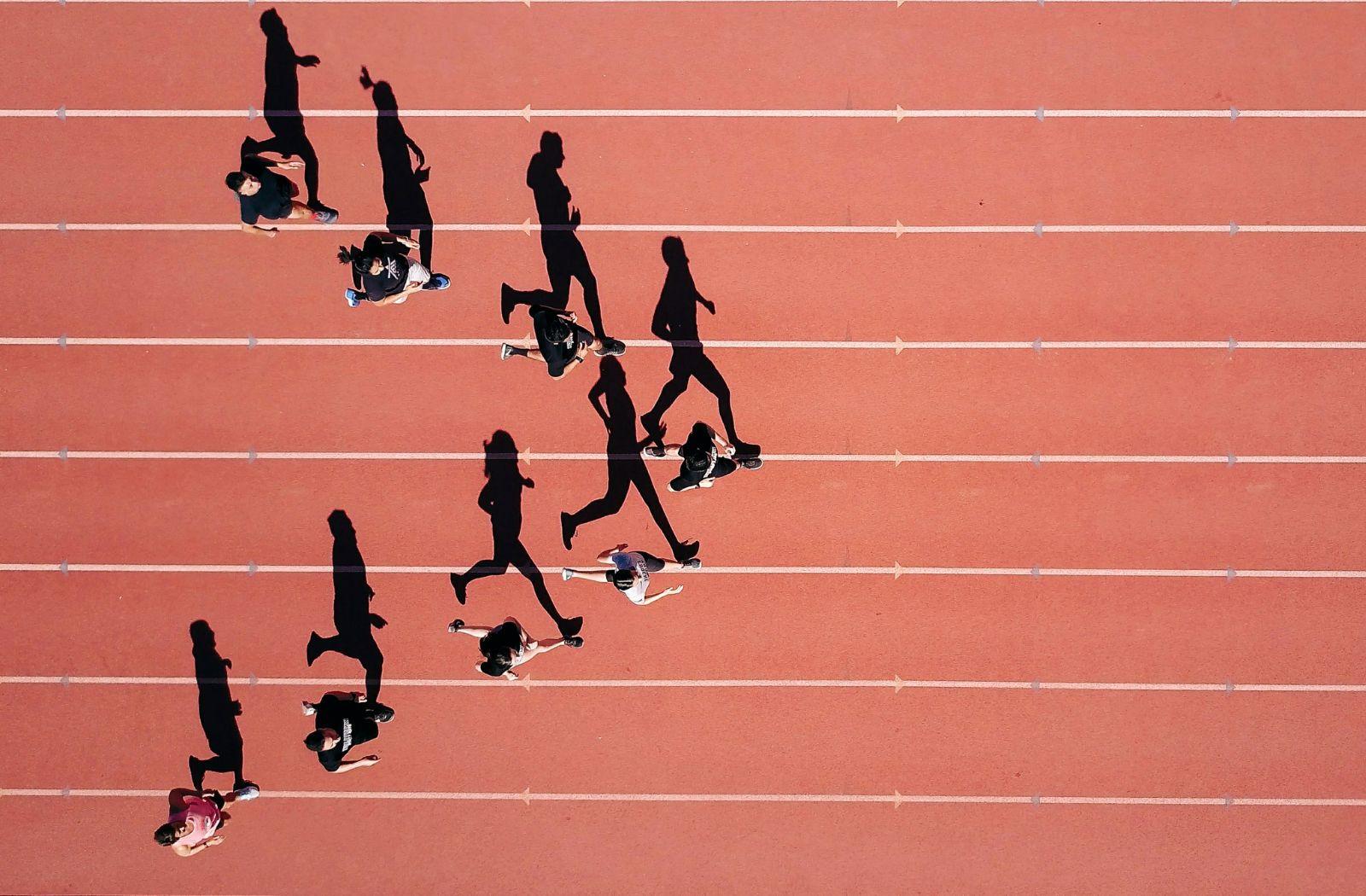- Africa has traditionally been known to have vast untapped potential, and sports are no exception.
- Sports tourism has gained popularity, with tourists traveling to Africa to attend sporting events or participate in sports-related activities.
- Sports have become a booming investment sector in Africa accompanying the continent’s high-speed transformation.
Sports in Africa
Sports in Africa have immense positive socio-economic and cultural results on the communities in which they are embraced. From professionals to youth, sports impact many facets within a community through increased financial resources, camaraderie, and teaching fundamental life skills – such as working hard to achieve a goal, working within a team to better the collective group, and playing by the rules. In Africa, however, the role of sports in economic and social development has yet to be fully realised.
Africa has traditionally been known to have vast untapped potential, and sports are no exception. Sports can do much more to the continent’s economy than simply entertainment. Sports have the capacity to strengthen communal ties, promote good health and physical fitness, and drive economic progress across African nations. Sports are a development pedestal in Africa, providing diverse benefits.
Similarly, sports can be a great instrument for uplifting and supporting women and youth in African communities who are frequently marginalised. Participating in sports, defying gender stereotypes, and breaking barriers related to gender equality can empower young people and women and boost their self-confidence.
Economic Value of Sports Development in Africa
Sports in Africa have proven to be vital to economic success. A strong sports business may provide income for the government, private sector, and individuals while creating jobs and attracting investment.
Hosting major sporting events and tournaments like the African Cup of Nations, the World Cup, or the World Athletics Championships can draw millions of tourists and investors, generate income, and boost the local economy. Moreover, sports tourism has gained popularity, with tourists traveling to Africa to attend sporting events or participate in sports-related activities.
Additionally, the construction of sports infrastructure has resulted in job creation in various industries, such as construction, hospitality, and transportation, just to name a few. Additionally, the expansion of the sports industry has created new entrepreneurial ventures, such as sports equipment and sports clothing makers, sports betting organisations, and sports marketing agencies.
The growth of the Sports industry has contributed largely to Africa’s societal development. It serves as an avenue for promoting social cohesion, national solidarity, and cultural interchange. Moreover, growth in sports has increased young people’s participation by encouraging positive morals such as discipline, collaboration, and respect.
Read Also: How Promoting Sports in Africa fosters Socio-Economic Development
Challenges in the sports industry

In addition, corruption and mismanagement have been key players in derailing the expansion of Africa’s sports business. Corruption in sports administration has been common, resulting in fund embezzlement and a lack of responsibility and accountability.
Sports events are often seasonal, leading to marketing opportunities and revenue stream fluctuations. Advertisers and sponsors may face budgetary limitations, impacting their investment in sports marketing initiatives. The sports marketing landscape is highly competitive, with numerous brands vying for visibility and sponsorship opportunities.
Encouraging investment in sport
For the development of the sports sector to serve as a real motor of economic growth, significant investment from public authorities and private partners is required. A paradigm shift is needed to expand and diversify the access of new participants and, secondly, to switch to a long-term investment approach.
The sports economy in Africa could benefit from a significant comparative advantage, such as the outstanding entrepreneurial fabric of a continent with the greatest number of entrepreneurs per capita in the world. However, without the necessary attention and suitable policy incentives, recent estimates show that sports only represent 0.5 per cent of African GDP, compared to 2 per cent in other parts of the world.
In a rapidly evolving industry, agility in sports marketing is key. Staying ahead of the game by regularly monitoring industry trends, embracing emerging technologies, and adapting new strategies to meet the ever-changing needs is crucial. Harnessing the power of data analytics, insights on consumer behavior, campaign performance, and market trends can enable informed decisions and optimise strategies for maximum impact.
Collaboration with sports teams, leagues, and influencers allows the extension of reaching and accessing new audiences, fostering mutually beneficial partnerships that drive results. Diversifying offerings beyond traditional advertising to include digital, experiential, and content marketing solutions helps with comprehensive strategies to reach the audience.
Sports have become a booming investment sector in Africa accompanying the continent’s high-speed transformation. They are fueling new and innovative types of cooperation, targeting achieving Sustainable Development Goals (SDGs). Public development banks, headed by AFD Group, intend to fully support such initiatives.
Read Also: Sports economy in Africa: An endless potential

African sports possess enormous prospects for socioeconomic development, physical fitness, economic prosperity, and social cohesiveness. African nations can use sports’ potential to drive growth and development and build a brighter future for their population.
Ultimately, it’s clear that there is a strong and growing demand for major international sporting events in Africa and that international sporting bodies want to capitalise on Africa’s inherent advantages to develop their audiences and reach. By both capitalising on the demand and playing to its advantages, Africa will be able to reap significant economic rewards that could produce long-term dividends across the continent.











